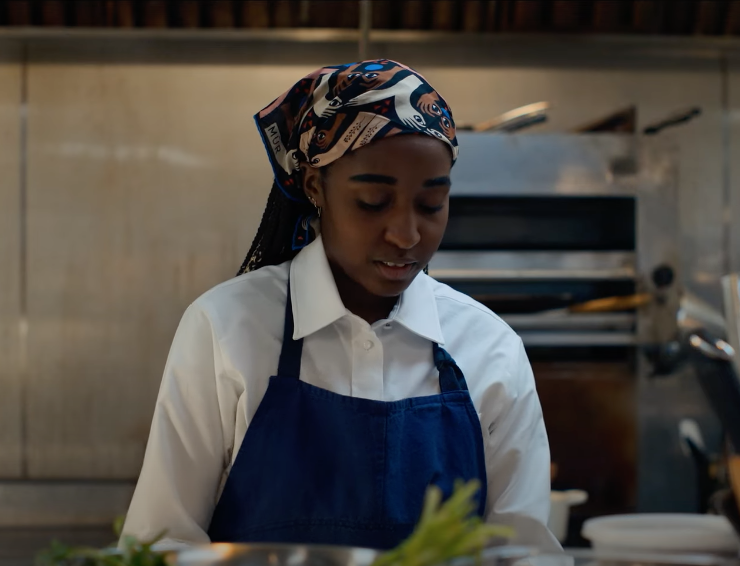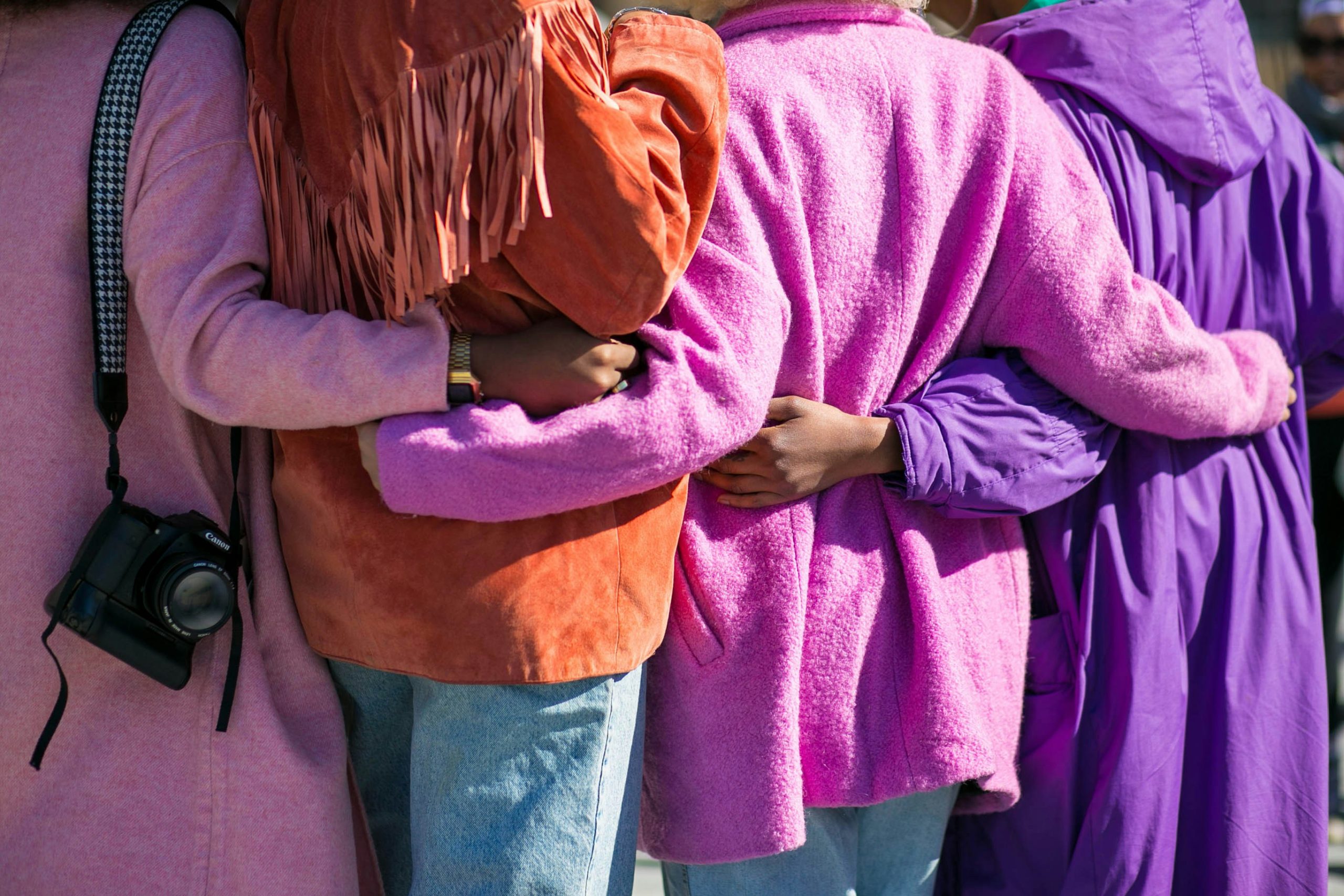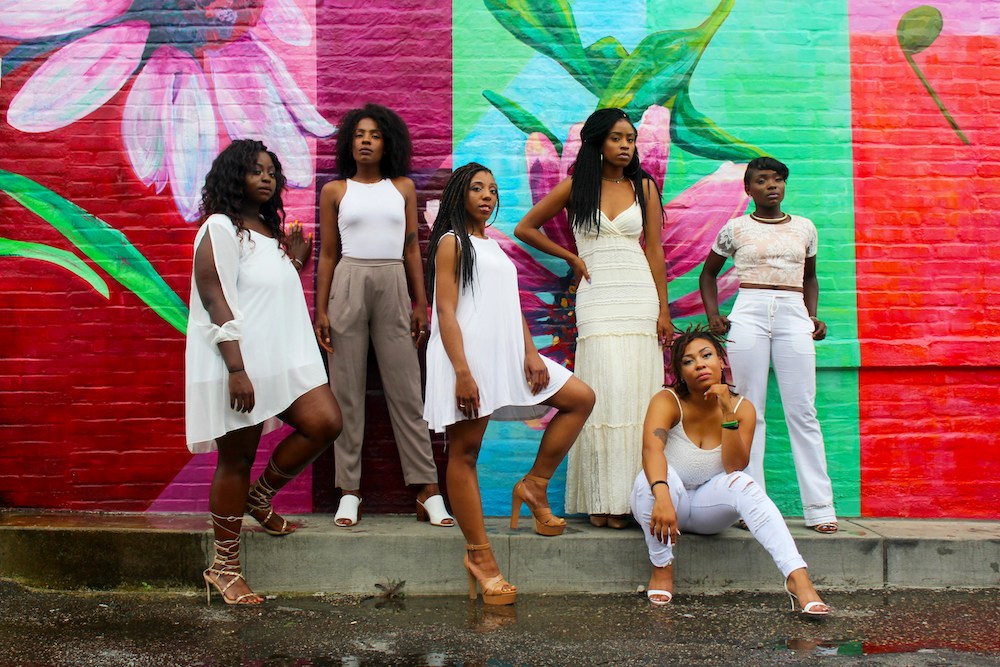Reading Lists
8 Novels About Young Women Searching for Identity and Purpose Through Work
Vanessa Lawrence, author of "Ellipses," recommends coming of age stories about finding out who you are

According to CEO and psychologist Jessica Pryce-Jones, people spend 90,000 hours of their lifetimes at their jobs. Whatever form that profession takes, it’s inevitable that it will coincide with significant individual change. Work forces people to confront obstacles like office politics, autocratic managers, flaky colleagues, and productivity quotas, the tackling of which teaches them about who they are. Women must also confront persistent gendered challenges around how they are permitted to behave and what they are allowed to achieve in the workplace. These lessons invariably overflow into other areas of their life. This creates fertile ground for a hybrid genre of storytelling, what I would like to call the woman coming-of-age work narrative.
Lily Michaels, the protagonist of my debut novel Ellipses, is a member of this cohort. A 32-year-old magazine writer, she is watching her dream print career slowly succumb to the rise of social media. She is at a standstill, too, in her long-term relationship with her girlfriend, Alison. Lily also grapples with all the attendant pressures of early thirties womanhood, marriage, children, corporate advancement, and must decide whether they are things that fit her idea of success. When she meets a powerful beauty executive, Billie Aston, and enters into an increasingly toxic and consuming mentorship with her, Lily reckons with the meaning of true agency, at the office and in the rest of her life.
The eight books, below, also feature women protagonists coming-of-age through and against the backdrop of their work. Their professions range from nannying to pizza delivery to technological app development. The unifying force is the inevitable shift that will come after many hours spent on the job.
All this Could be Different by Sarah Thankam Mathews
Sneha, the protagonist of Mathews’s novel, moves to Milwaukee for a corporate consulting job. She is fresh out of college. America is enveloped in a recession. Her parents have returned to India. Sneha is exploring her queer identity for the first time in the local dating pool. At first her traditional gig seems to provide her with the kind of cushy stability of which many a recent graduate might dream. That security proves a mirage as a mix of work troubles, housing insecurity, romantic turmoil, and family secrets threaten Sneha’s burgeoning adulthood. Interrogating the promise of a capitalist American Dream, this novel explores the role of community and human connection vs. individualistic success in personal happiness.
Win Me Something by Kyle Lucia Wu
Like Sneha, Willa in Win Me Something is a twenty-something woman testing the waters of adulthood. Willa works for and eventually moves in with the Adriens, a wealthy white Tribeca family, as a nanny to their young daughter, Bijou. Biracial Chinese American and the daughter of divorced parents, Willa feels on the periphery of society, more generally, and of her parents’ lives, more specifically. Willa’s employment with the Adriens and her enmeshment in their household rhythms prompts her to reflect on her own upbringing—and the sense of alienation that lingers into her grown up life.
Such a Fun Age by Kiley Reid
Reid’s novel also features a protagonist employed as a nanny. In her mid-twenties, Emira is the caretaker of Briar, the daughter of a wealthy white family in Philadelphia. One evening, Emira, who is Black, is accused of kidnapping Briar while out with her at a grocery store. In her guilt, Briar’s blogger mother, Alix, tries to befriend Emira. Their employment relationship becomes further complicated when Emira begins dating Kelley, a white former classmate of Alix’s who stirs up uncomfortable history. As we watch Emira navigate the dueling white savior overtures of Alix and Kelley, we also see her envy of close friends, who are making strides in their careers while Emira feels left behind.
Pizza Girl by Jean Kyoung Frazier
Jane, the narrator of Pizza Girl, isn’t so much left behind as she is conflicted over what she wants. Unhappily pregnant and 18 years old, Jane works as a pizza delivery person in Los Angeles, a gig that gives her passing windows into customers’ lives. She lives at home with her Korean mother and white boyfriend, Billy. At night, she sneaks into the shed of her deceased alcoholic father and drinks beers. One day at work, a woman named Jenny requests a pepperoni pizza with pickles for her unhappy son. The encounter with Jenny sparks an obsession in Jane, one fueled by more deliveries and by Jane’s loneliness. Frazier’s novel juxtaposes the fleeting, peripatetic nature of food delivery with the impending permanence of a young woman about to become a parent.
Land of Milk and Honey by C Pam Zhang
Food is a backdrop, a character, and a mechanism for change in Zhang’s novel set in an unspecified, dystopianesque near future. The world is blanketed in smog pollution that has decimated global food supplies and species. A young Chinese American chef accepts a mysterious offer to cook and live at a secretive community in the Italian Alps, where her rich employer has funded a research endeavor that grows extinct plants and animals. As she immerses herself in a long-lost realm of culinary delights like strawberries, butter, and veal and as she becomes entangled with the employer’s fierce biracial Korean daughter, the young chef’s latent ambition and bodily appetites awaken.
Writers & Lovers by Lily King
Casey, the narrator of Writers & Lovers, juggles ambition, too, alongside grief, romance, and financial precarity in this portrait of an artist. A thirty-something aspiring writer, Casey is trying to finish a novel between shifts at a fine-dining server gig, all while reeling from the recent loss of her mother and the pervasive anxiety that won’t leave her alone. At her restaurant job, Casey navigates hierarchical office politics and harassment. She waits on one of her two love interests there, too, the older widower Oscar who is with his two young sons. Where many of her friends have long since given up on publishing for more stable work, Casey persists with the grueling balancing act of service work and writing in her pursuit of creative success.
Big Swiss by Jen Beagin
Set in Hudson, New York, Big Swiss follows Greta, a 45-year-old who works as a transcriptionist for a local sex therapist, a job that gives her access to the most intimate secrets of her town’s residents. Through her transcribing, she falls for Flavia, a younger, married gynecologist who has never had an orgasm and who was also the victim of a violent crime years ago. When Greta recognizes Flavia’s voice IRL one day in town, she introduces herself with a false identity. She and Flavia begin a torrid affair. The vulnerability and candor of the patients in Greta’s transcripts contrasts with the fraught deception in her relationship with Flavia—and with Greta’s reluctance to confront the effects of her mother’s death by suicide on her adult mindset.
Happy for You by Claire Stanford
Connection, alienation, and ambivalence are at the heart of Happy for You. Evelyn, the book’s narrator, is a philosophy PhD student who takes a break from toiling on her dissertation to work for a tech company creating an app that delivers happiness. Part of a research team, Evelyn is asked to help quantify this joyful emotion. In her personal life, she is struggling with decisions about marriage to and motherhood with her white boyfriend, Jamie. Her biracial background and the childhood loss of her mother contribute further to her sense of dislocation. Evelyn’s work underscores just how nuanced and complicated the achievement of genuine happiness can be.









